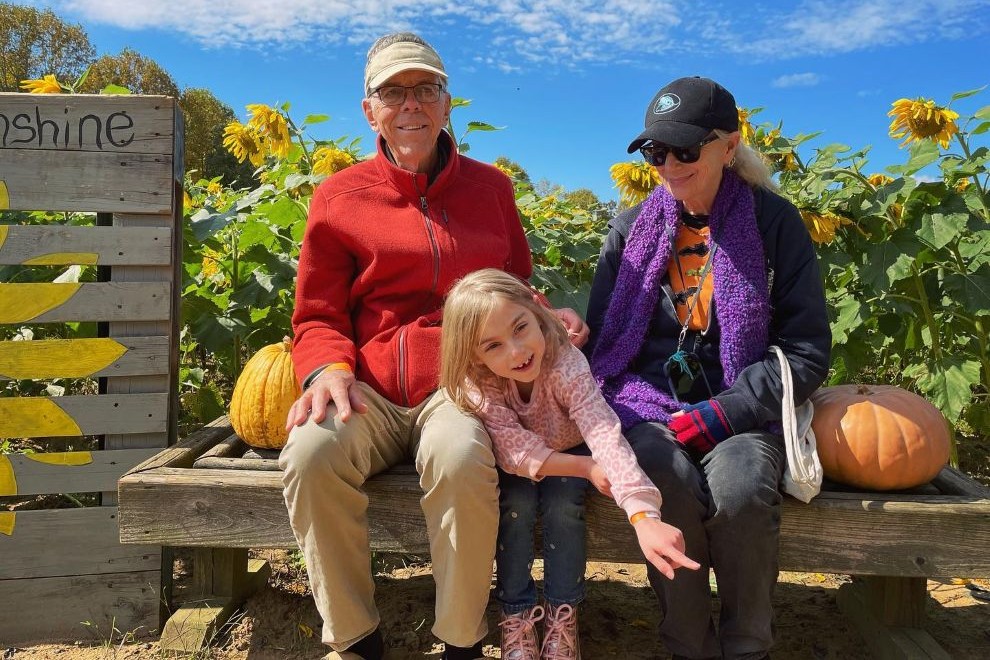Celebrating Diversity with Young Children to Encourage Appreciation for Others
Diversity may seem like a complex lesson to tackle with a young child, but teaching children to appreciate other cultures helps them learn important life skills and better prepares them for success in school. Skills like empathy and appreciation for others reinforce a child’s understanding of his own culture, as well as the different backgrounds of his peers. For children to thrive in an increasingly global society, it’s critical that parents, caregivers and educators help them develop these skills so they understand the importance of respecting the perspectives of those around them.
Ellen Galinsky, president and co-founder of the Families and Work Institute, work life researcher and parenting book author, defines perspective-taking as an essential life skill that involves putting aside our own thoughts and feelings in order to understand how someone else perceives the world. In her book, Mind in the Making, Galinsky explains that young children who learn this broader view adjust to kindergarten faster, as they are better at anticipating their teachers’ expectations. These children are also better at resolving conflicts than their peers who have not yet learned how to take the perspective of others.
“Help your child expand their world view and be better prepared to succeed in school and in life by purposefully teaching them about different cultures from around the world,” says Gloria Julius, Ed.D., vice president of education and professional development at Primrose Schools. “At Primrose, we use the cultures represented in our classrooms as a starting point, and then we dig deeper by exploring music, literature, sports and arts from other cultures to spark children’s understanding of the vast size and rich texture of our global community.”
Dr. Julius offers the following tips to help your child develop an appreciation for himself and others by celebrating cultures at home through these activities:
Share Your Family History. Understanding others begins with an understanding of oneself. Show pictures of family members and talk about each person. Children love and remember stories, so share a favorite story or something you personally remember about that person. This builds your child’s awareness of family history and culture.
Listen to Music. Share your family’s cultural heritage through music. Play music from your family’s country of origin or your region of the United States and share favorite songs you sang as a child. Then play music from other cultures or parts of the country. Ask your child to identify the similarities and differences.
Read a Book. Reading to children is one of the best ways to introduce them to people of different origins from all over the world, and children’s literature that celebrates diversity can be found everywhere. Characters and storylines are great starting points for discussions on diversity and can make a culture come to life for children. Look for books that have characters that your child can identify with, even though they may have different customs. Some suggestions include:
• It’s Okay to Be Different by Todd Parr
• Children from Australia to Zimbabwe: A Photographic Journey Around the World by Maya Ajmera and Anna Rhesa Versola
• The Crayon Box That Talked by Shane Derolf
Think Outside the Box. Look for opportunities that allow your child to interact with children from different countries and cultures. Getting to know families with backgrounds that are different from your own can increase your whole family’s appreciation for cultural diversity. Visit museums, festivals, ethnic restaurants and other places that will help your child learn about various customs, cultures and lifestyles.
Explaining the concept of diversity to your young child might feel like a complex lesson, but by celebrating cultural differences in a fun and meaningful way, you can help them develop important life skills that will help them be more successful students who respect the perspectives of those around them.
Primrose Schools is a national family of accredited, early education and care schools serving children, parents and local communities with a purposeful, balanced approach to nurturing Active Minds, Healthy Bodies and Happy Hearts®. To learn about Primrose Schools or to find a Primrose School in your area, visit www.primroseschools.com/locations/richmond-metro. For more parenting tips, visit our 360 Parenting blog at www.PrimroseSchools.com/360Parenting.
# # #




